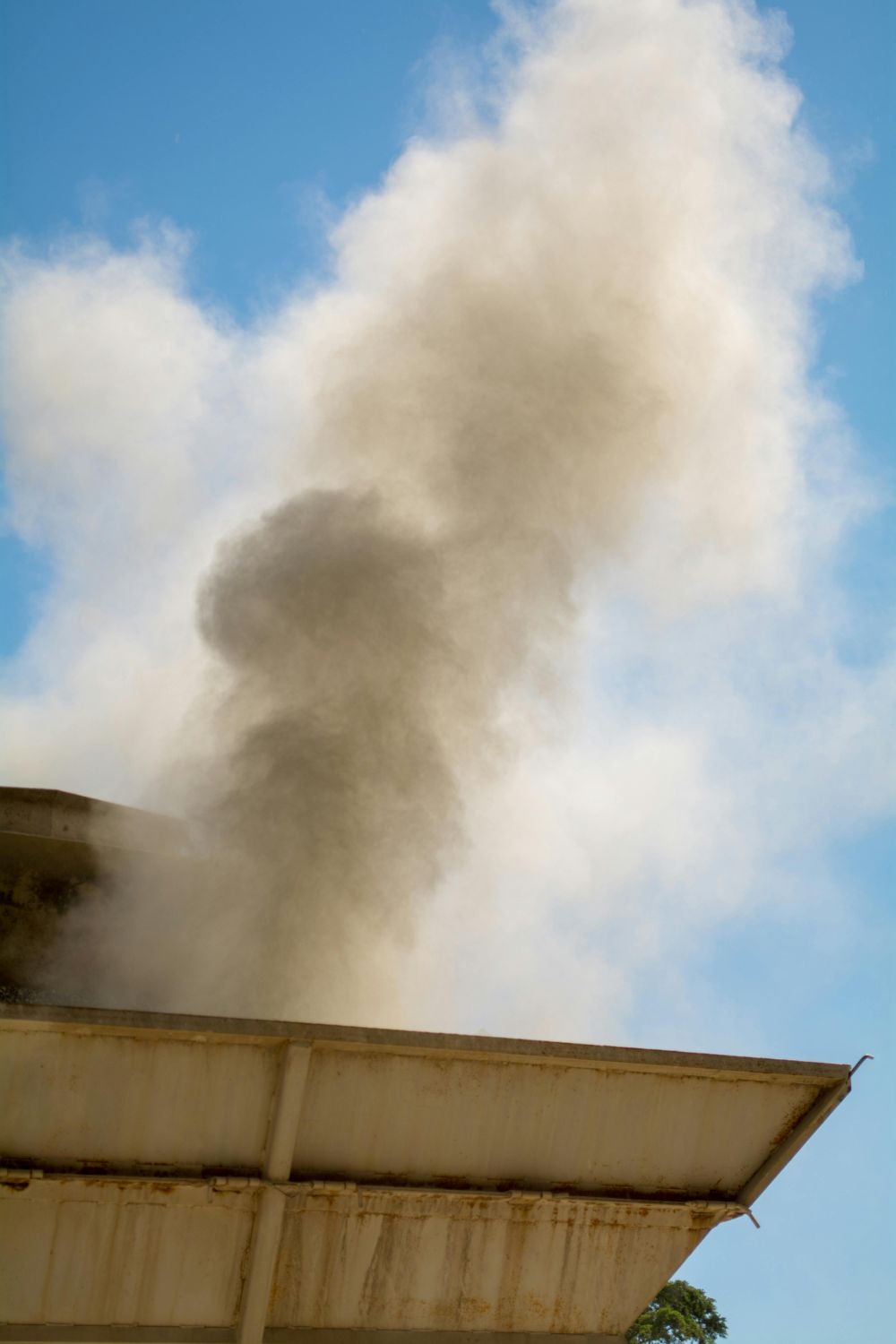The EPA’s review of greenhouse gas regulations has sparked some controversy.
The Environmental Protection Agency (EPA) has announced plans to revisit a 2009 decision that classified greenhouse gases as harmful to public health. This move is part of a broader effort to ease environmental regulations, including those affecting coal-fired power plants, vehicle emissions, and protected waterways. The agency has listed 31 regulations under review, specifically targeting pollution standards, air quality rules, and reporting requirements for the oil and gas industry.
EPA Administrator Lee Zeldin described the decision as a step toward reducing government restrictions on energy production and industry. He argued that past environmental policies have limited economic growth and consumer choice. The review could significantly reshape how the U.S. handles emissions linked to climate change, potentially reversing policies that have been in place for over a decade.
The 2009 decision, made under the Clean Air Act, provided legal grounds for regulating vehicle emissions and industrial pollution. At the time, the EPA identified six greenhouse gases—carbon dioxide, methane, nitrous oxide, hydrofluorocarbons, perfluorocarbons, and sulfur hexafluoride—as threats to public health and the environment. This classification led to stricter regulations on industries contributing to climate change, prompting efforts to curb emissions through technology and policy interventions.
In addition to rolling back environmental policies, the EPA has announced plans to eliminate diversity, equity, and inclusion (DEI) programs within the agency. Zeldin stated that this decision follows a recent executive order directing federal agencies to end programs focused on these initiatives. He argued that the agency should focus on its core mission of environmental protection rather than social programs. However, critics argue that removing these programs will weaken efforts to protect vulnerable communities from pollution and environmental hazards.

The decision to review and potentially overturn the 2009 greenhouse gas classification has sparked significant backlash from climate scientists, environmental organizations, and public health advocates. Many experts warn that reversing this ruling could undermine efforts to combat climate change and reduce harmful emissions.
David Doniger from the Natural Resources Defense Council stated that decades of scientific research confirm the dangers of greenhouse gas emissions, and any attempt to reverse the 2009 decision will likely face legal challenges. He emphasized that the scientific consensus supports the idea that greenhouse gases contribute to climate change, leading to more extreme weather patterns, rising sea levels, and increased health risks.
Michael Mann, a climate scientist at the University of Pennsylvania, called the move a political maneuver that ignores scientific evidence on climate risks. He warned that rolling back greenhouse gas regulations could set back climate policy advancements and exacerbate environmental damage in the coming decades.
With lawsuits expected the debate over environmental regulations is far from over. Legal battles could take years to resolve, and the outcome of this review could have long-term effects on U.S. climate policy, industrial regulations, and public health protections.
Environmental advocacy groups have vowed to challenge any decision that weakens existing emissions standards. Many argue that the EPA’s decision could put the U.S. at odds with global efforts to combat climate change. The U.S. had previously committed to international agreements aimed at reducing greenhouse gas emissions, and any policy reversal could have diplomatic and economic consequences.
As the legal and political battle unfolds, the future of environmental regulation remains uncertain. The EPA’s decision to reevaluate greenhouse gas classifications signals a shift in climate policy, one that will likely continue to fuel intense debate among lawmakers, scientists, industry leaders, and the public.
Sources:
EPA to review landmark finding that greenhouse gases threaten public health


Join the conversation!